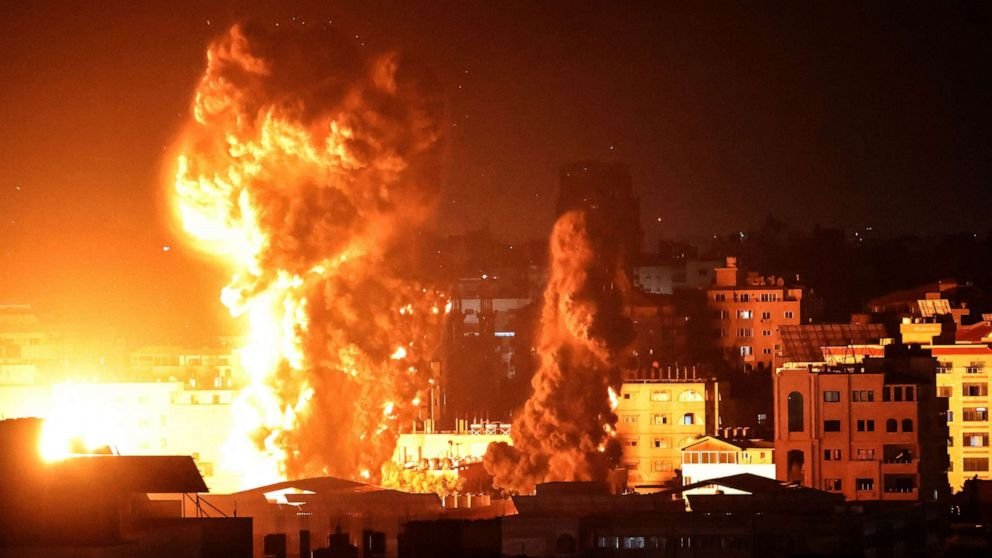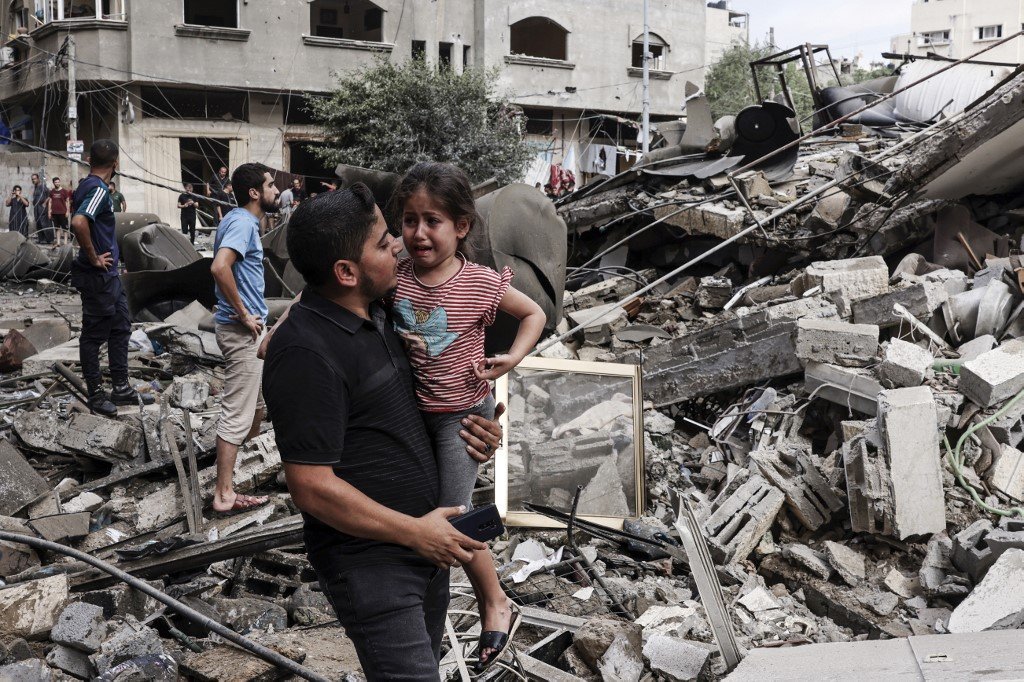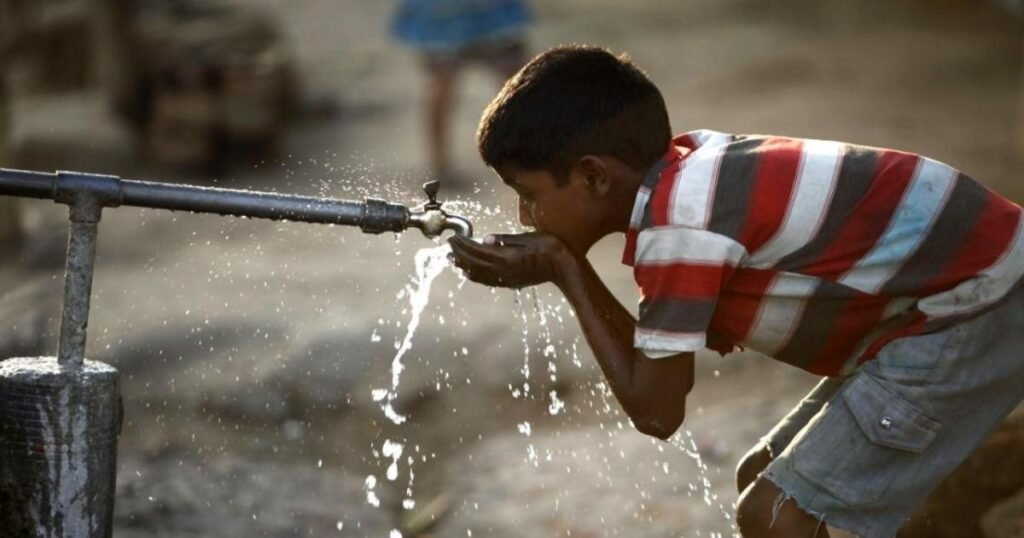As soon as Ramadan begins, Israel aggressively attacks Gaza, destroys hospitals, mosques, and schools, kills the people living there with nuclear bombs and bullets, and restricts hunger in the diet.
Due to this unstandardized war, the loss of lives and property is huge, children are dying of hunger and there is no hospital for the injured to be taken to better treatment and save their lives.
Rocket Attacks and Retaliatory Strikes
On Monday, our colleagues told Al Jazeera Arabic that the Israeli army has launched an attack on a camp in the central part of the southern Gaza city of Rifa and the enclave. In the aftermath of the bombing, the devastation was evident, with at least 10 lives lost.
Hamas, the majority group that rules the enclave, actually blocks Israeli territory, targeting people living in the city, in response to which Israel starts launching rockets at the enclave and neutralizing military installations.
This cycle of violence of airstrikes and military operations for the US escalates the tension and the response continues the cycle of operations until many attacks on Gaza.

Humanitarian Crisis and Blockade
The blockade imposed to weaken Hamas has led to widespread poverty, unemployment and limited access to essential services such as health care and education.
To highlight the need to help the people there and call for the lifting of the blockade to end the suffering and promote stability in the region so that this war can be stopped as soon as possible.
The Gaza Strip, imposed by Israel and Egypt, is facing a severe humanitarian crisis due to the blockade, which has greatly reduced the movement of goods and people.
Violence in the occupied West Bank
The occupied West Bank is rife with violence, with Israeli security personnel and Palestinian residents caught in a never-ending cycle of conflict. The area is still a hotbed of turmoil, with reports of shootings, stone-throwing, and detentions dotting the terrain with uncertainty and terror.
The conflict endures in spite of diplomatic efforts and appeals for peace, which feeds the afflicted people’ sense of helplessness and rage.
Civilian Casualties and Infrastructure Damage
The number of civilian deaths and the destruction of infrastructure in modern conflicts is proof positive of the terrible effects of war. The threat of collateral damage is ever-present, looming huge over both cities and towns with each bomb dropped and gunshot fired.
Unfortunately, because modern combat is so indiscriminate, civilian populations frequently find themselves caught in the crossfire, their lives destroyed. Furthermore, the devastation of vital infrastructure makes matters worse by severely impairing necessary services and hindering attempts to reconstruct fractured societies.

Impact on Children and Education
Attacks on schools and educational facilities not only endanger children’s lives, but also impair their quality of life, exacerbating long-term socio-economic disparities and hindering future prospects for development and peace. So the lack of safe spaces only exacerbates the challenges children face in food, which continues to be poverty and vulnerability.
Access to Clean Water and Sanitation
Promoting sustainable development requires guaranteeing that everyone has access to clean water and sanitary facilities. At the local, national, and international levels, coordinated efforts are needed to get 100% access. Acknowledging cutting-edge technologies and collaborations expedites the advancement of this crucial objective.
Furthermore, inclusive development necessitates resolving access gaps among underprivileged communities. We create pathways for resilient economies, healthier populations, and increased environmental sustainability by putting water and sanitation first.

